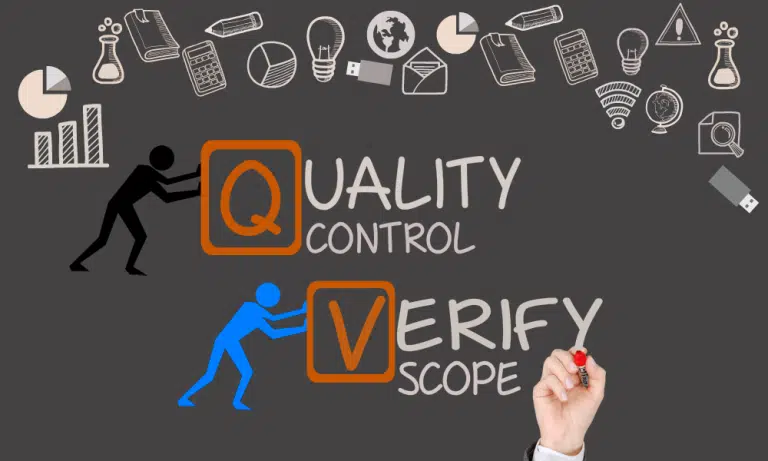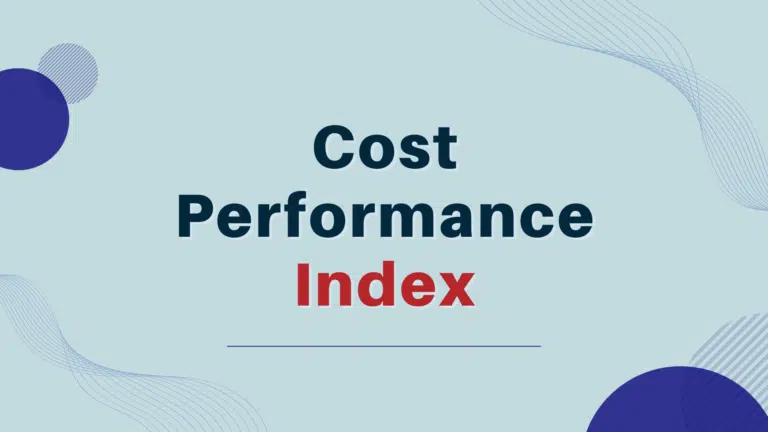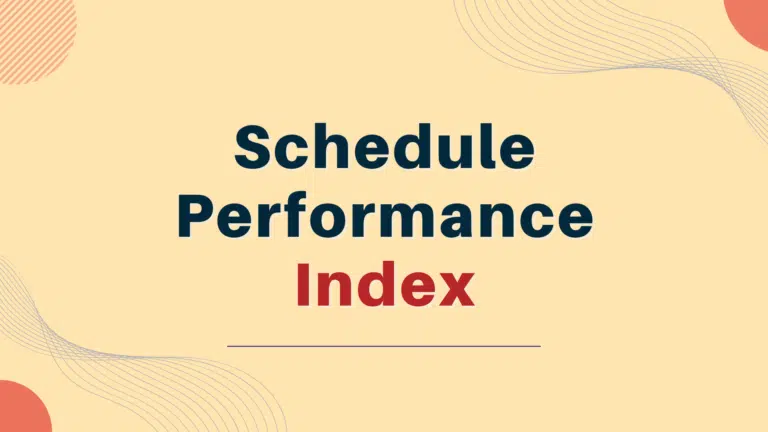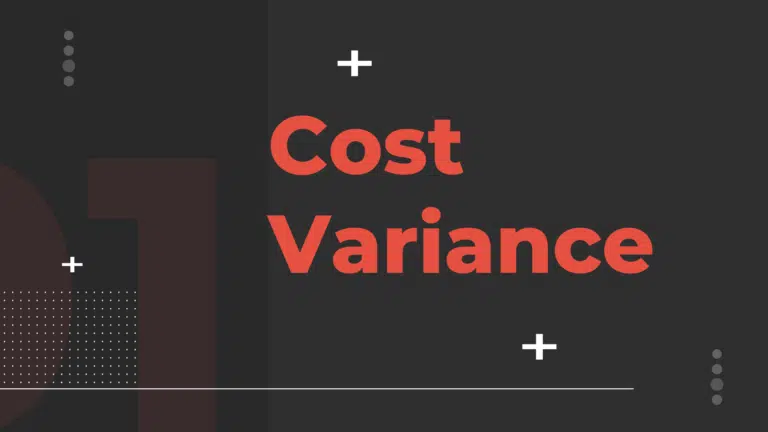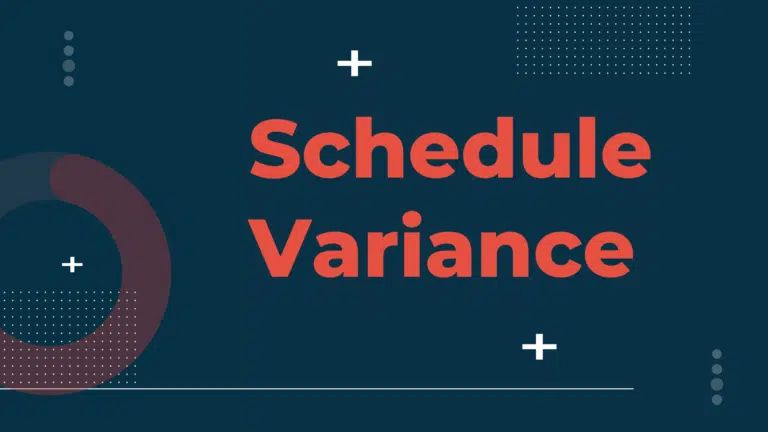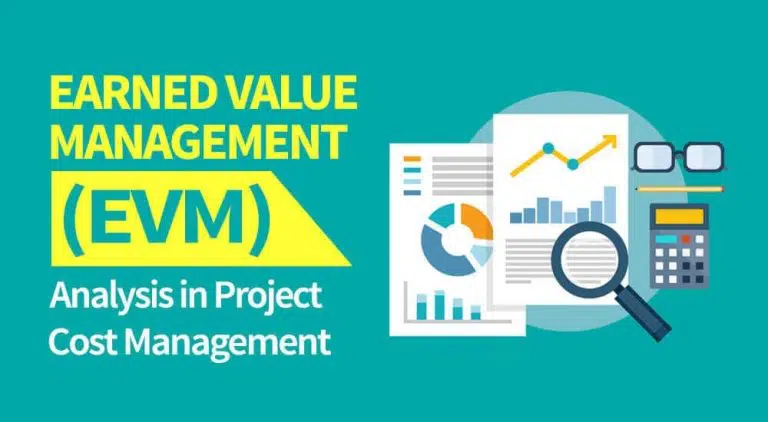Configuration Management Vs Change Management
Project environments are dynamic and changes are constant in areas like process, planning, or scope. You can group these changes into two categories: Change Management and Configuration Management.
“Change Management” is the first category. Here you manage changes related to project management plans, processes, and baselines.
In the second category, you manage changes related to product scope, which is known as configuration management.
Change requests are required when baselines are established and you have to make changes to them. If the baselines are not set, no formal change request is required. Change requests and configuration requests are part of the integration management system.


